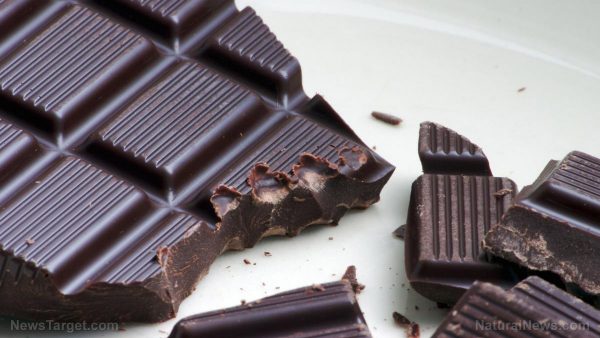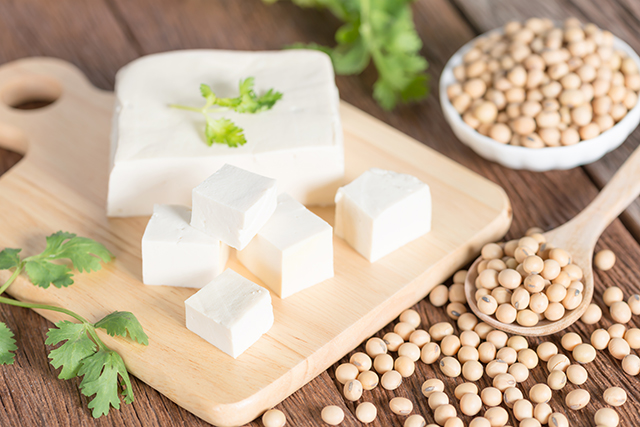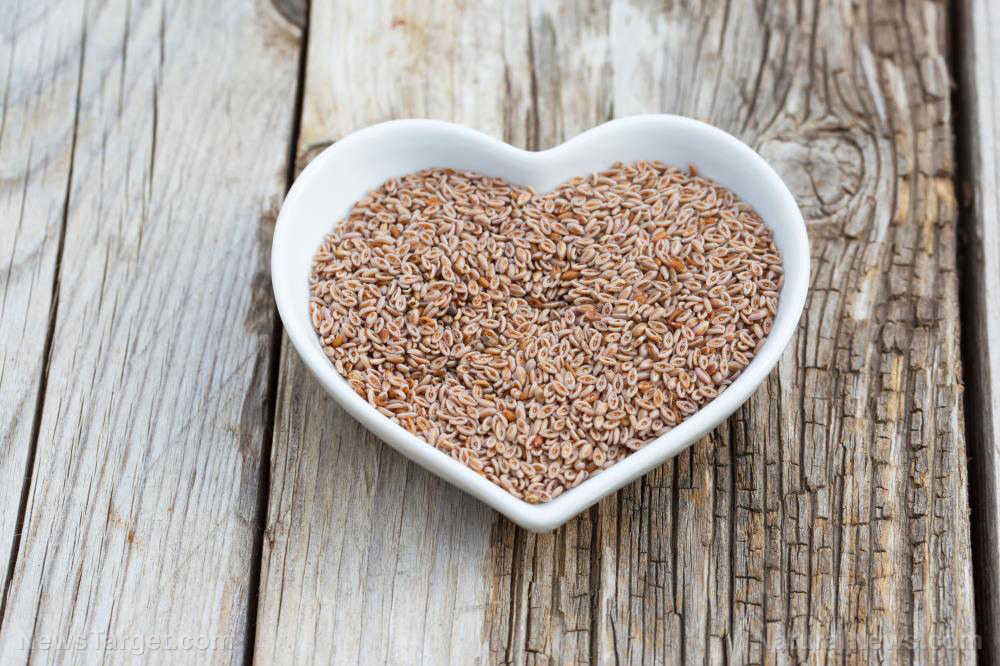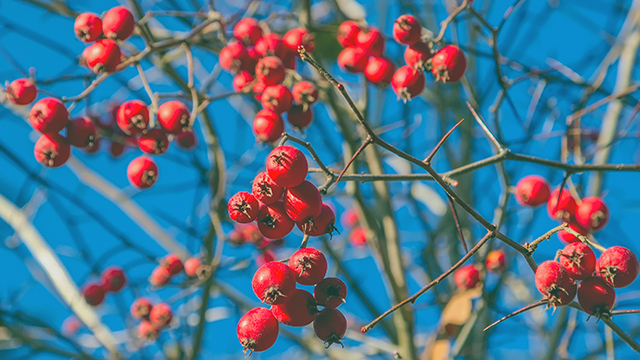 Parler
Parler Gab
Gab
This ancient spice -- valued for its medicinal properties for more than 4,000 years -- contains compounds known to alter neurobiological mechanisms, including modulating pathways related to neurotransmitters and affecting immune system regulation, inflammation, oxidative stress, the hypothalamus-pituitary-adrenal (HPA) axis and neurotrophins,[v] which mediate neuronal survival and regeneration.
When compared with placebo, saffron works better for improving depressive symptoms in people with mild to moderate depression. It also worked as well as synthetic antidepressants, such that researchers writing in The Journal of Nervous and Mental Disease concluded, "[S]affron could be considered as an alternative to synthetic antidepressants in the treatment of mild to moderate depression."[vi]
2. Green TeaCatechins in green tea have been found to decrease depressive symptoms in animal studies, possibly by inhibiting monoamine oxidase,[vii] an enzyme that removes the neurotransmitters serotonin, dopamine and norepinephrine in the brain.[viii]
Green tea catechins may increase levels of noradrenaline and dopamine, helping to combat depression, while theanine, an amino acid in green tea, has anti-stress effects, further helping to reduce depressive symptoms. In a systematic review and meta-analysis, high green tea consumption was associated with a lower risk of depression symptoms.[ix]
3. Lavender Essential OilLavender essential oil, which is extracted from the flowers and stalks of the lavender plant, contains more than 160 substances. In Germany, a proprietary lavender essential oil known as Silexan® is approved for the oral treatment of anxiety and, in patients with both anxiety and depressive symptoms, Silexan has exhibited antidepressant-like properties.[x]
Lavender aromatherapy also reduced symptoms of depression in a systematic review and meta-analysis,[xi] while researchers from Mazandaran University of Medical Sciences in Iran called aromatherapy with lavender essential oil "a complementary, simple, and inexpensive method to improve mild and moderate depression."[xii]
4. Cocoa and Dark ChocolateConsuming cocoa-rich products may improve mood in the short-term,[xiii] while eating dark chocolate is also associated with reduced odds of depressive symptoms.[xiv] In 2012, researchers found that eating 50 grams (about 1.76 ounces) of dark chocolate, containing 70% cocoa, for three days was associated with significant improvement in depressed mood.[xv]
Cocoa and dark chocolate are rich in polyphenols, which may affect behavior and mood due to their antidepressant-like properties, as well as their ability to attenuate oxidative stress and inflammation, which may play a role in the onset and progression of depression.[xvi]
5. Omega-3 FatsSupplementing with omega-3 fatty acids, including eicosapentaenoic acid (EPA) and docosahexaenoic acid (DHA), may effectively reduce symptoms of depression.[xvii] Moderate consumption of fish rich in omega-3 fats or omega-3 fats is also associated with a lower prevalence of depression.[xviii]
The anti-inflammatory effects of omega-3s are likely involved in their antidepressant-like actions, as up to 50% of people with depression have higher levels of pro-inflammatory cytokines that may be involved in HPA axis regulation, neurotransmitter metabolism or the makeup of gut microbiota.[xix]
6. ProbioticsYour gut microbiota and central nervous system communicate via the brain-gut-microbiome axis, and a number of studies support the notion that modifying your gut microbiome with beneficial bacteria, or probiotics, may improve your mood.
In a study of 10 patients with a current episode of major depressive disorder (MDD), supplementation with probiotics for eight weeks reduced depressive symptoms and anxiety while increasing overall mood and sleep quality.[xx] In another example, 40 people with MDD who took probiotics for 90 days had a reduction in clinical symptoms of depression along with an increase in sleep quality.[xxi]
In a 2021 study published in Current Pharmaceutical Biotechnology, researchers from Tabriz University of Medical Sciences in Iran concluded, "Probiotic and prebiotics might improve mental function via several mechanisms … Pro and prebiotics can improve mental health and psychological function and can be offered as new medicines for common mental disorders."[xxii]
Remember, these are just six examples of the mood-boosting compounds found in nature. For more options, including therapeutic actions like yoga, acupuncture and mindfulness training, see GreenMedInfo.com's full depression research database. Read more at: GreenMedInfo.comTofu: Health benefits, nutrients and how to eat this superfood
By Laura Harris // Share
By News Editors // Share
Super sprouts: Creative ways to incorporate sprouts into your meals
By HRS Editors // Share
Hawthorn: A timeless medicinal marvel
By Ava Grace // Share
“Evil people”: Organized ‘bankrupt Tesla’ group tied to formerly USAID-funded disinfo queen
By News Editors // Share
Governments continue to obscure COVID-19 vaccine data amid rising concerns over excess deaths
By patricklewis // Share
Tech giant Microsoft backs EXTINCTION with its support of carbon capture programs
By ramontomeydw // Share
Germany to resume arms exports to Israel despite repeated ceasefire violations
By isabelle // Share










